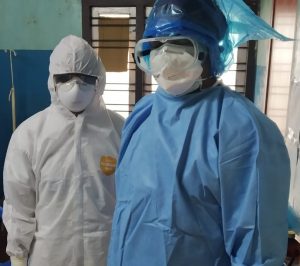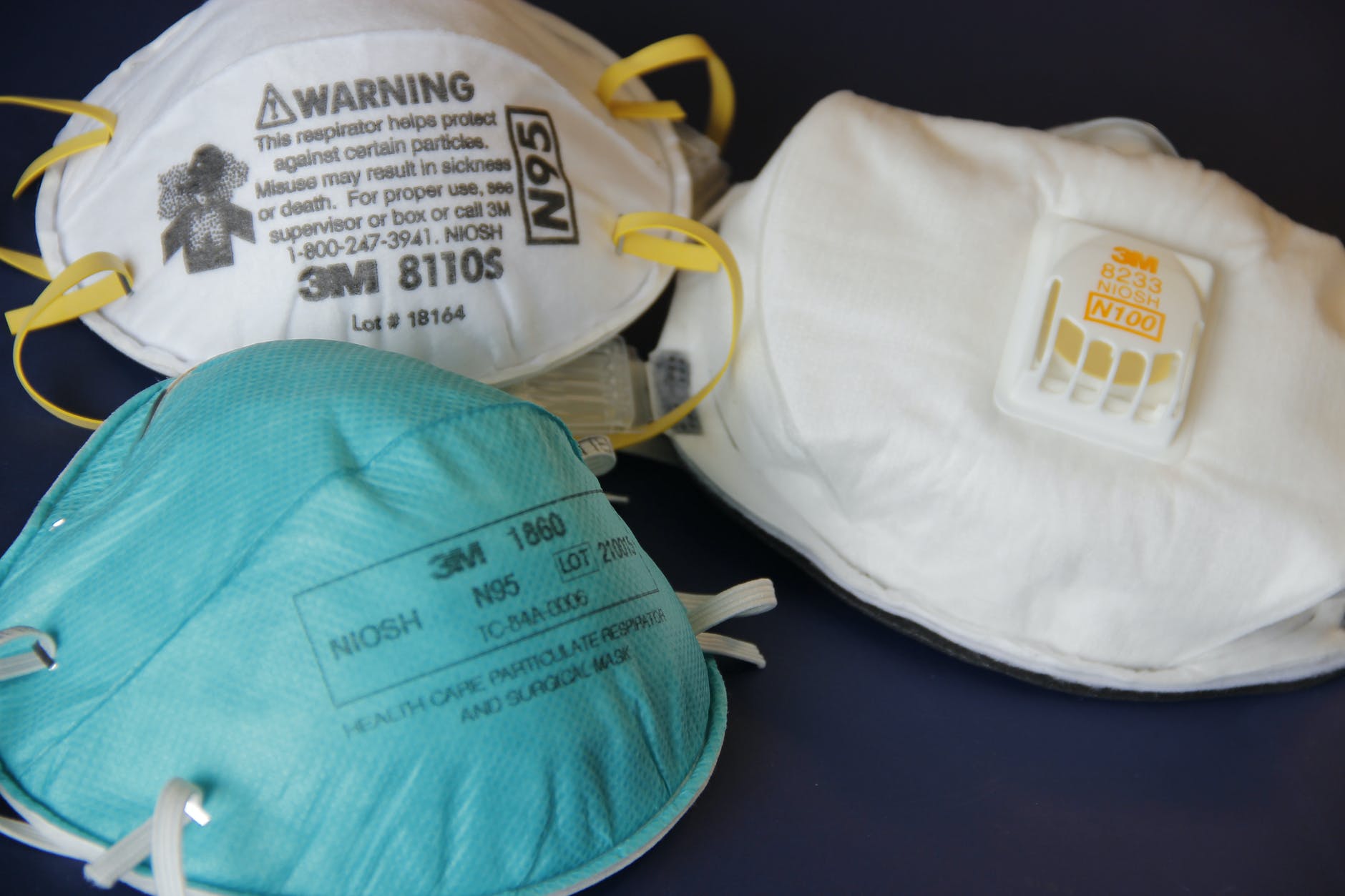Shortages, gouging, incompetent bureaucrats, clandestine deals, secret missions, government seizures. Securing PPE shouldn’t be this hard!
“I don’t want to die,” said Celia Marcos on her deathbed. Marcos, 61, had been the charge nurse at Hollywood Presbyterian Medical Center. She became infected with COVID-19 after rushing to resuscitate a patient in her ward who stopped breathing. Armed only with a thin surgical mask, because the hospital was short of the virus-filtering N95 respirators, she saved the patient’s life at the cost of her own. Securing PPE (personal protective equipment) has become a Herculean task in recent weeks, but a shortage of masks, visors and gowns eventually results in a shortage of doctors and nurses. It shouldn’t be this way.
After pissing away precious time claiming that the coronavirus was contained, would soon fade away, and was a hoax perpetrated by Democrats wanting to discredit the Administration, President Trump eventually assigned the task of securing PPE to his trusted and woefully inexperienced son-in-law, Jared Kushner. Kushner assembled a crack team of young volunteers, some fresh out of college, from private equity, consulting, and venture capital firms, largely untainted by any knowledge of medical equipment or government procurement protocol, and delegated to them the responsibility of securing PPE for a country in the opening stages of a pandemic. It went about as well as you might expect, since helping people survive is a pretty big ask for a career slumlord.
Perhaps that’s why the Feds started seizing masks.
When the federal government’s stockpile of emergency medical equipment turned up mismanaged into near uselessness (and Jared Kushner says what’s left isn’t for you anyway), each state was obliged to outbid other states when securing PPE and ventilators for their citizens. A shipment of 3 million N95 masks purchased by the state of Massachusetts was confiscated in the Port of New York, forcing Governor Charlie Baker to improvise a crazy backup plan. He found a Chinese source for masks, but no way to get them home. Then Robert Kraft, owner of the New England Patriots, donated the team plane, the governor of Alaska allowed a quiet layover so the crew could rest, and when the masks touched down in Massachusetts, they were escorted by the National Guard to a secure location.
Andrew W. Artenstein, M.D., an executive at Baystate Health in Springfield, MA, told a similar story in the New England Journal of Medicine last month. After finally securing PPE at over five times the normal cost and having it transported in food service trucks to a small warehouse to seal the deal, Artenstein was surprised to have FBI and Homeland Security agents show up at the rendezvous point, asking questions and considering confiscation. The hospital was allowed to keep the masks only after their Congressional representative intervened.

Massachusetts isn’t the only state worried about a federal blockade of medical supplies. Illinois Governor J.B. Pritzker has resorted to secretive measures when securing PPE for his state. New York, New Jersey, California, and several other states have also lodged complains about the federal government diverting PPE shipments. To where? Why? The government has been less than transparent about what happens to the seized supplies. However, FEMA would like us to know that when rumors swirl, you can only truly count on official sources from the government for accurate and honest information, and furthermore, FEMA hasn’t taken any PPE from anyone who lawfully acquired it.
With a federal government gone rogue and the lives of our doctors and nurses depending upon the tender mercies of the “free market” for protective gear, no wonder localities are starting to take matters into their own hands. Earlier this month, New York Governor Andrew Cuomo announced that his state would be joining forces with other states in the region to create their own supply chain. Instead of bidding against each other and making medical supplies more expensive for everyone, New York, Connecticut, Rhode Island, New Jersey and Pennsylvania will now cooperate when securing PPE, saving taxpayer money and leveraging their purchasing power in a way that we could be doing as a country if we didn’t have an Administration more interested in winning the next election than saving lives. Additionally, the consortium shares a goal of sourcing supplies from within their own region, building local resilience instead of relying on global supply chains that break under strain.
It’s a shame that it’s come to this. The federal government has long served as a backstop for states and localities hit by natural disasters, disease outbreaks, and the occasional terror attack, but it has been derelict in its duty. Unfortunately, it looks increasingly like we’re on our own. Our best hope is to join together in mutual aid pacts, whether on a neighborhood, state, or regional level. Elections have consequences, and in 2016, enough people wanted to burn down the government that the guy holding the match won. This was a choice. Now that you’ve had a taste, would you like more?
Related: Resilience and Efficiency During Crisis


Join the conversation!